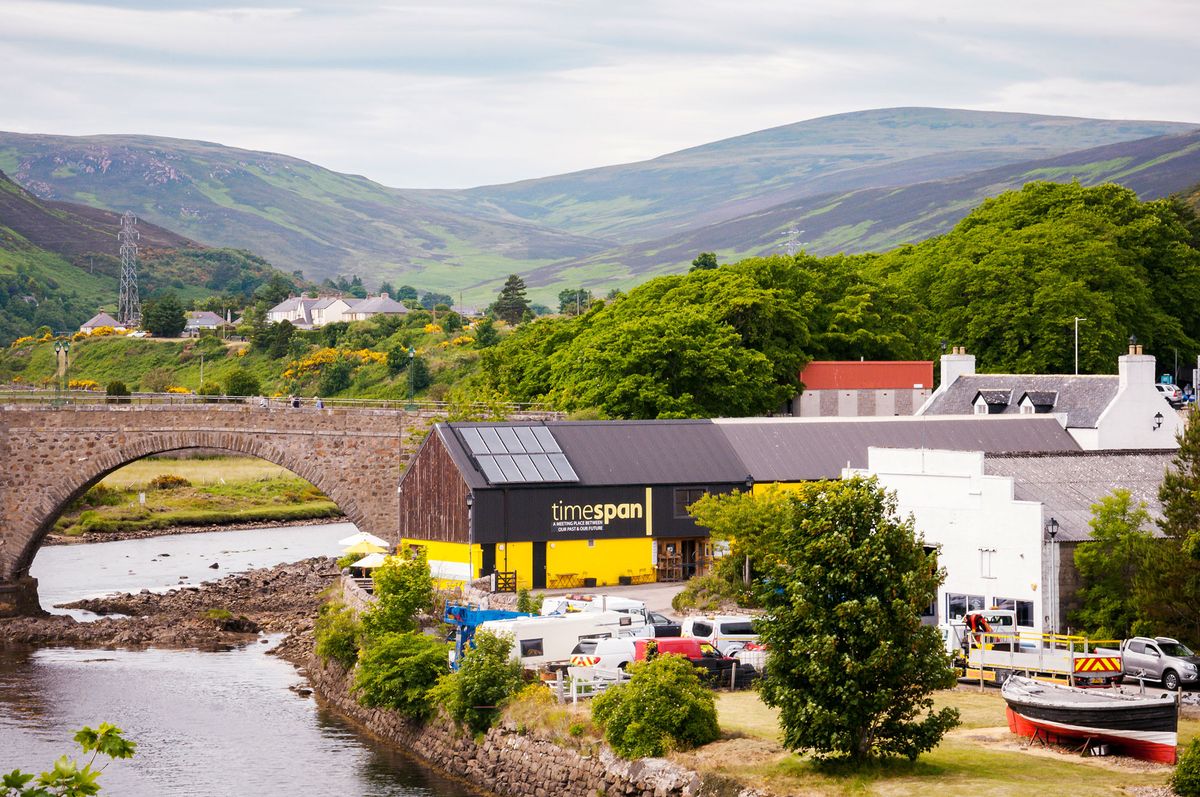A hub of village life in the Scottish Highlands and the first UK museum to host a Covid-19 vaccination centre are in the running for the coveted title of Museum of the Year, the annual £100,000 prize awarded by the Art Fund.
Unveiling the 2021 shortlist today, the charity says this year’s edition of the prize “reflects the resilience and imagination of museums throughout the pandemic”. The five institutions selected are: Centre for Contemporary Art Derry-Londonderry in Northern Ireland; Experience Barnsley in Yorkshire; Firstsite in Colchester, Essex; Thackray Museum of Medicine in Leeds; and Timespan in Helmsdale, northeast Scotland.
The winner of the £100,000 prize is due to be announced at a ceremony in late September, with the four runners-up each receiving awards of £15,000 (increased from £10,000 in previous years). The judging panel, chaired by Art Fund director Jenny Waldman, comprises: Tate director Maria Balshaw; radio and TV broadcaster Edith Bowman; Katrina Brown, the director of Glasgow art non-profit The Common Guild, Google strategist Suhair Khan; and sculptor Thomas J. Price.
After a year of financial crisis for the cultural sector, the prize “attracted a flood of applications and it has been incredible to see what museums, galleries and historic houses across the UK have achieved”, Waldman says. “Their resilience is nothing short of heroic.”
This year’s prize is notable for its spotlight on smaller regional spaces over big names. Waldman praised the “extraordinary innovation and resolve” of the five shortlisted museums, all of which are “deeply embedded in their communities and alive to the possibilities of reaching far beyond their locality digitally”.
The shortlisted museums
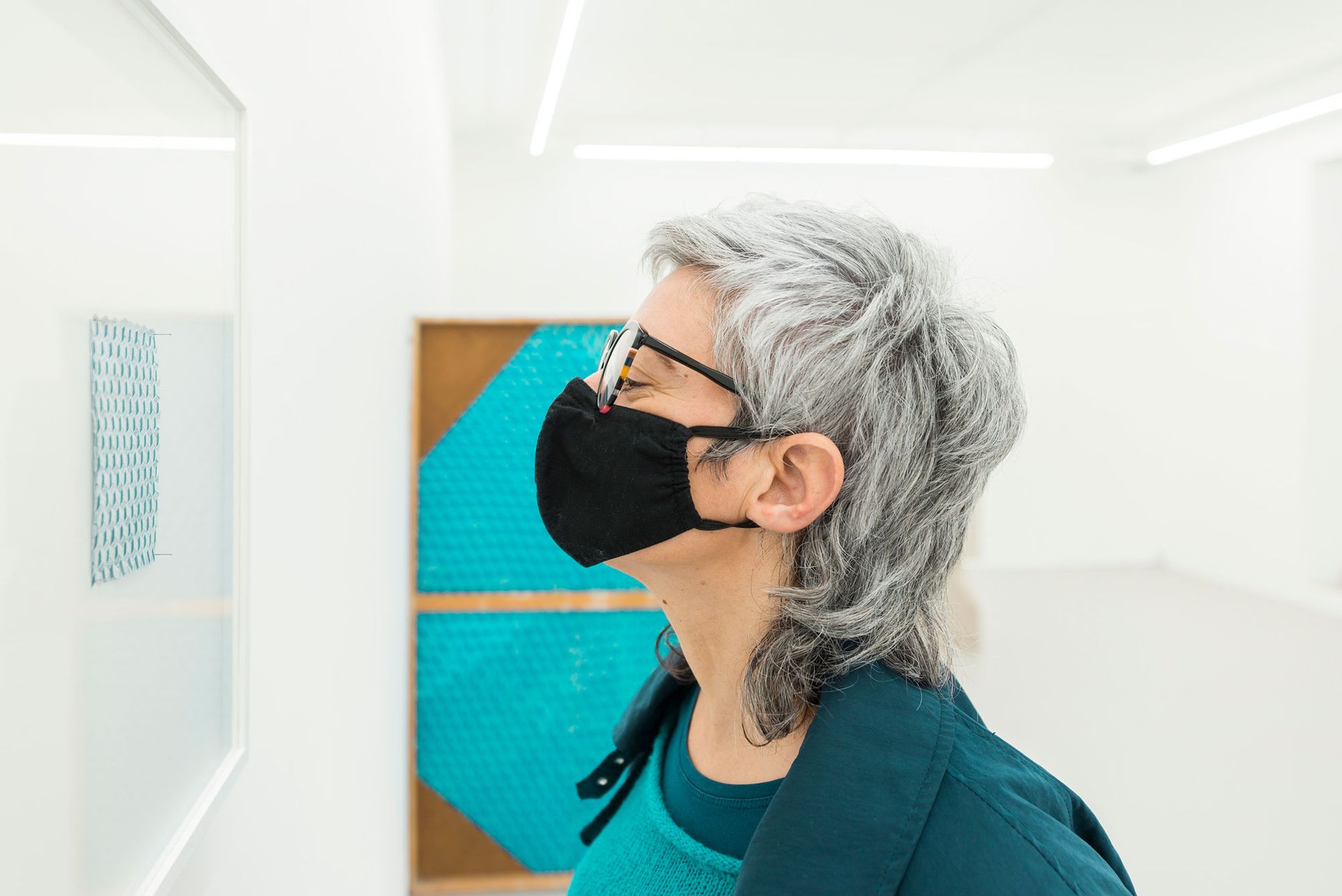
A visitor to the Centre for Contemporary Art (CCA) Derry-Londonderry's current exhibition Irish Modernisms: Legacies of Modernism in the North Photo: © Marc Atkins / Art Fund 2021
The Centre for Contemporary Art (CCA) in Derry-Londonderry has a mission to show “ambitious, experimental and engaging” work by emerging artists from Northern Ireland and internationally. It is recognised for supporting 65 artists with paid opportunities over the past year, including social media takeovers during the gallery lockdown. CCA also adapted its biennial group exhibition this spring to the windows of public spaces across the city, such as a theatre and a shopping centre.
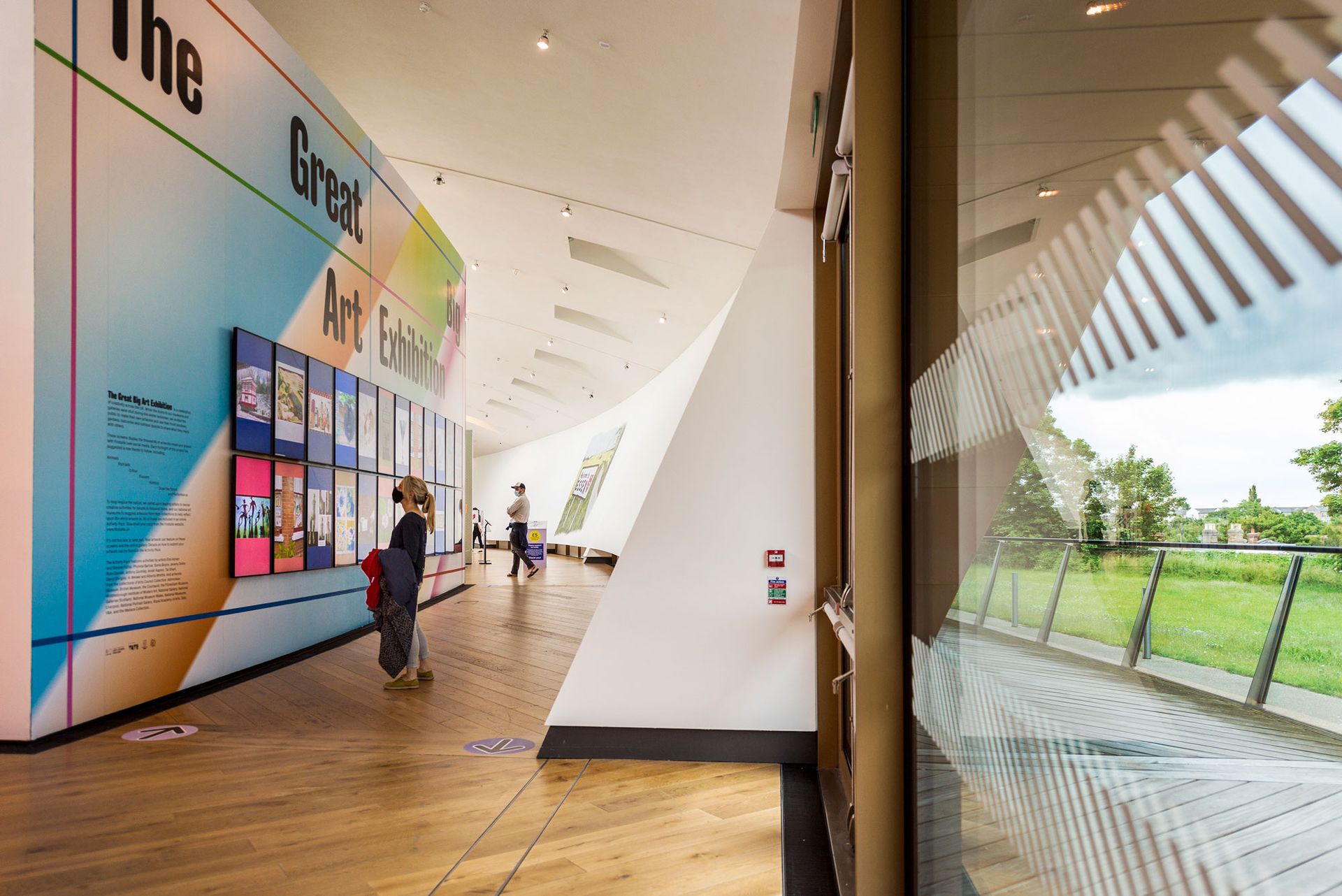
Lockdown artworks submitted by the public for The Great Art Exhibition are now on show at Firstsite gallery in Colchester Photo: © Marc Atkins / Art Fund 2021
Another contemporary art gallery, Firstsite in Colchester mobilised more than 50 artists, including Antony Gormley, Grayson Perry and Sarah Lucas, to create free online activity packs inspiring families to be creative while at home. This January, it marked its tenth anniversary with The Great Big Art Exhibition, encouraging people to make art for display in their windows and outdoor spaces during the second UK lockdown. Firstsite reopened in May with a digital wall of the works submitted by the public and an exhibition made with artists and frontline health and care workers, reflecting their personal experiences of the pandemic.
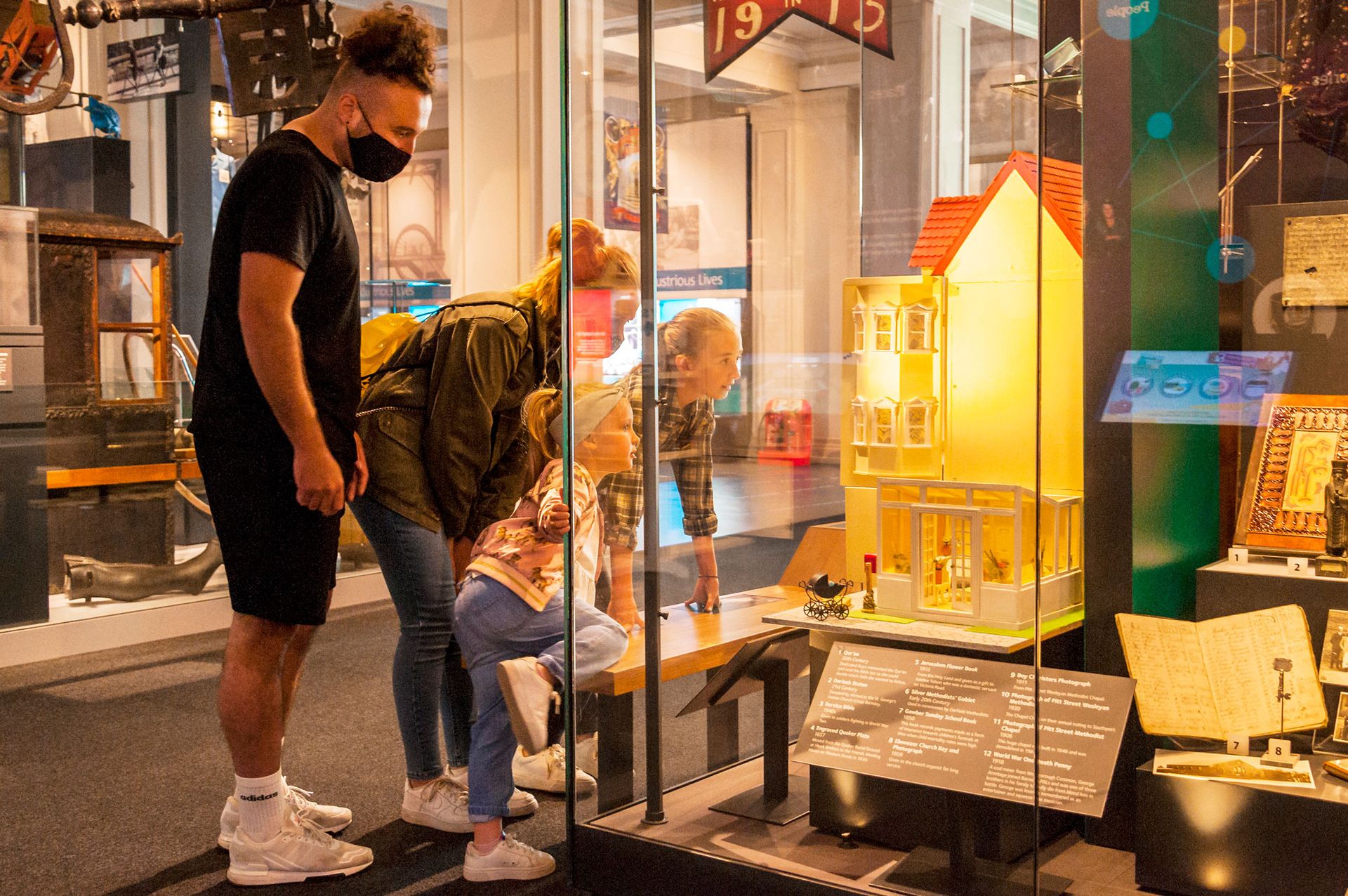
Experience Barnsley holds a collection of objects and stories donated by thousands of local people in the Yorkshire borough Photo: © Marc Atkins / Art Fund 2021
Opened in 2013 in the town hall of Barnsley in South Yorkshire, Experience Barnsley holds a collection of objects and stories donated by thousands of local people, tracing the borough’s history from archaeology to the present. The council-run museum is commended for its digital outreach, including online puzzles, a festival of archaeology and the appointment of a “poet in lockdown”, as well as for delivering care packages to schools, care homes and families in the area.
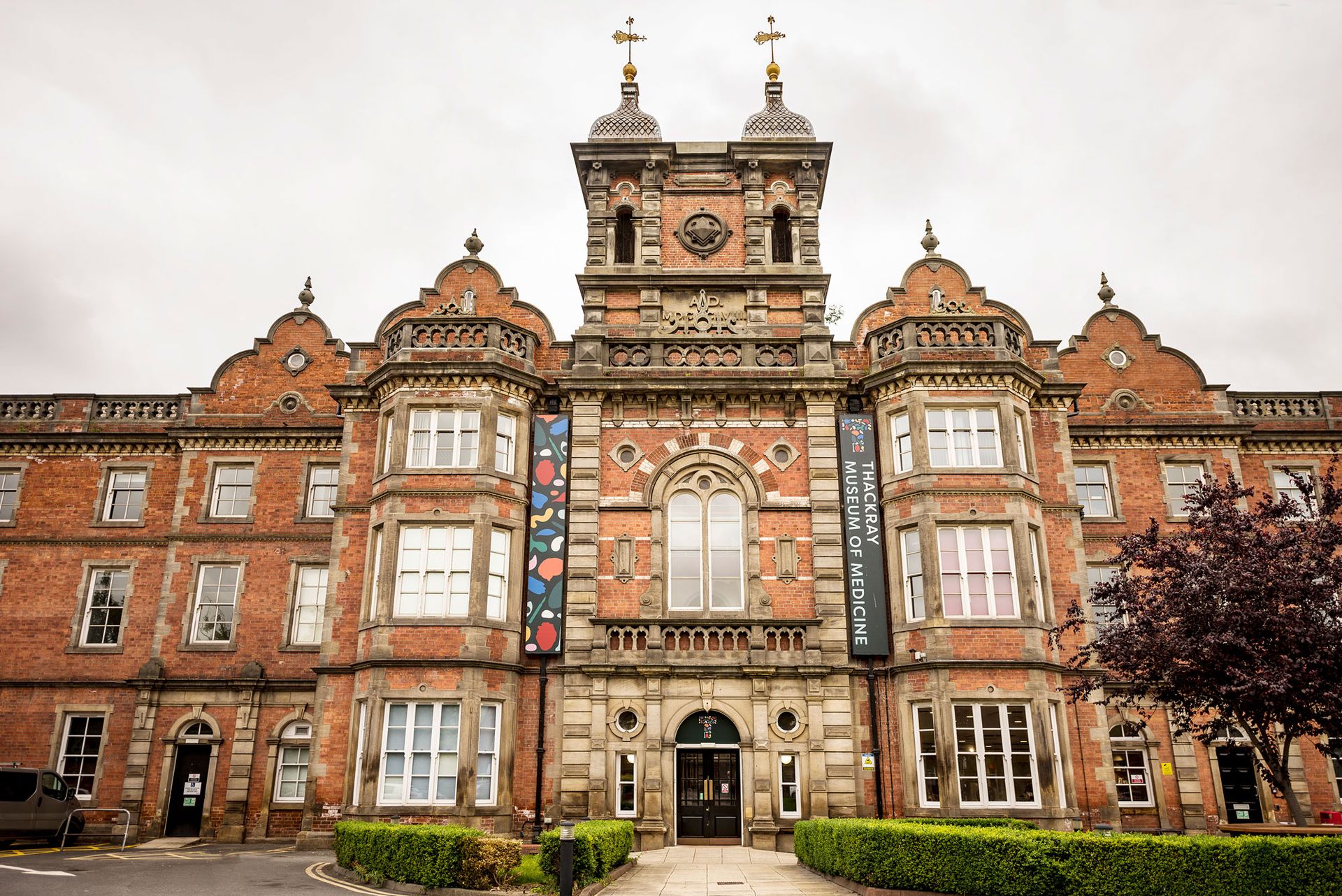
The Thackray Museum of Medicine in Leeds hosted a vaccination centre that delivered 50,000 Pfizer doses to high-priority health workers Photo: © Marc Atkins / Art Fund
The Thackray Museum of Medicine became the first museum to be transformed into a Covid-19 vaccination centre last December, handing over its conference centre to the NHS (National Health Service) to administer 50,000 Pfizer doses to high-priority health workers over several months. Based in a former workhouse on the campus of St James’s University Hospital in Leeds, the independent museum reopened in May after a £4m redevelopment featuring 11 galleries telling the history of medical innovation.
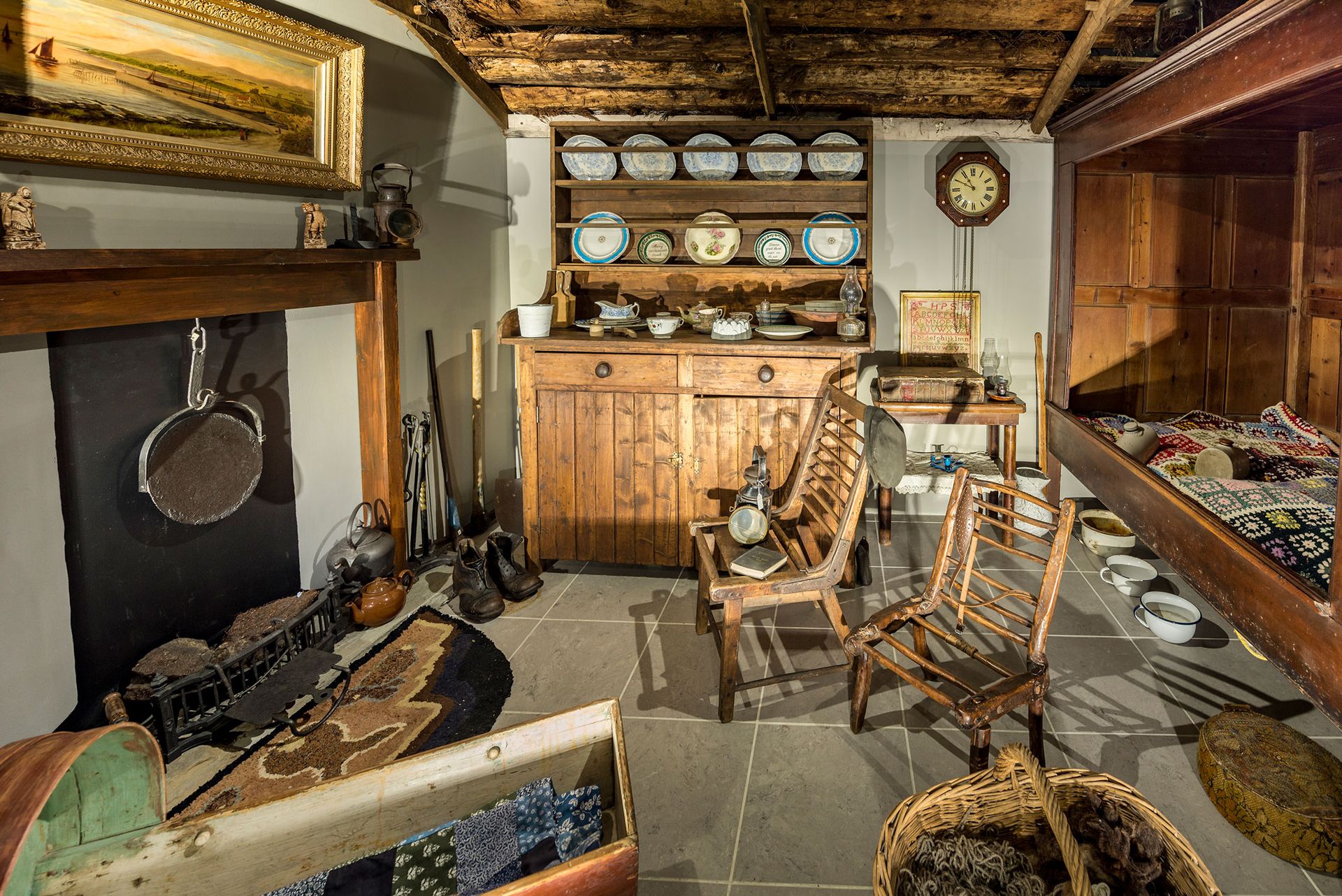
Timespan in Helmsdale, northeastern Scotland, combines local history with contemporary art and issues Photo: © Marc Atkins / Art Fund 2021
Timespan combines a local history museum, contemporary art programme, geology and herb gardens, shop, bakery and café. Located within a coastal village of 700 people, it tackles contemporary issues in the context of remote, rural Scotland. The museum served as a community hub during the pandemic, with weekly home activities for children, an online cooking show and a digital exhibition reframing Highland history with questions of colonialism and climate change.


